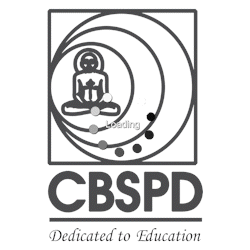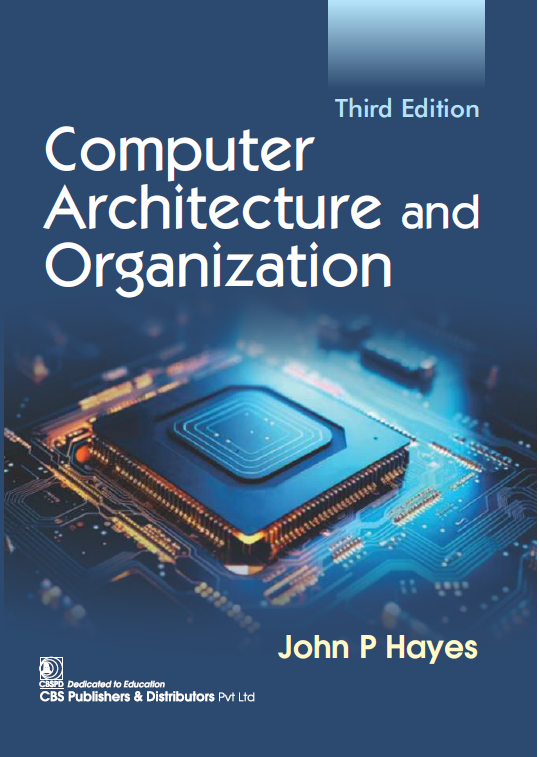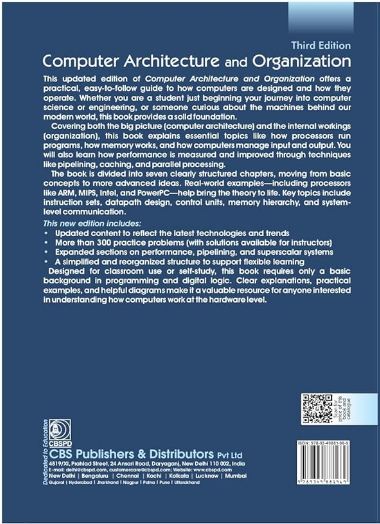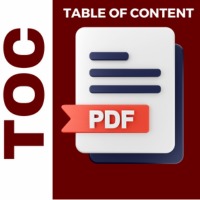



This updated edition of Computer
Architecture and Organization offers a practical, easy-to-follow guide to
how computers are designed and how they operate. Whether you are a student just
beginning your journey into computer science or engineering, or someone curious
about the machines behind our modern world, this book provides a solid
foundation.
Covering both the big picture (computer architecture) and the internal
workings (organization), this book explains essential topics like how
processors run programs, how memory works, and how computers manage input and
output. You will also learn how performance is measured and improved through
techniques like pipelining, caching, and parallel processing.
The book is divided into seven clearly structured chapters, moving from
basic concepts to more advanced ideas. Real-world examples—including processors
like ARM, MIPS, Intel, and PowerPC—help bring the theory to life. Key topics
include instruction sets, datapath design, control units, memory hierarchy, and
system-level communication.
This new edition includes:
• Updated content to reflect the latest technologies and trends
• More than 300 practice problems (with solutions available for
instructors)
• Expanded sections on performance, pipelining, and superscalar systems
• A simplified and reorganized structure to support flexible learning
Designed for classroom use or self-study, this book requires only a
basic background in programming and digital logic. Clear explanations,
practical examples, and helpful diagrams make it a valuable resource for anyone
interested in understanding how computers work at the hardware level.
| Specifications | Descriptions |
|---|---|
| ISBN | 9789349881969 |
| Published Year | 2026 |
| Binding | Paperback |
| Subject | Computer science and engineering |
| Pages | 616 |
| Weight | 0.8 (In Kg) |
| Readership | undergraduate and postgraduate students of computer science and engineering |
.png)
Sign up for our newsletter and get: 30% OFF your next purchase Early access to sales and promotions Exclusive deals and surprises
Your experience on this site will be improved by allowing cookies.

